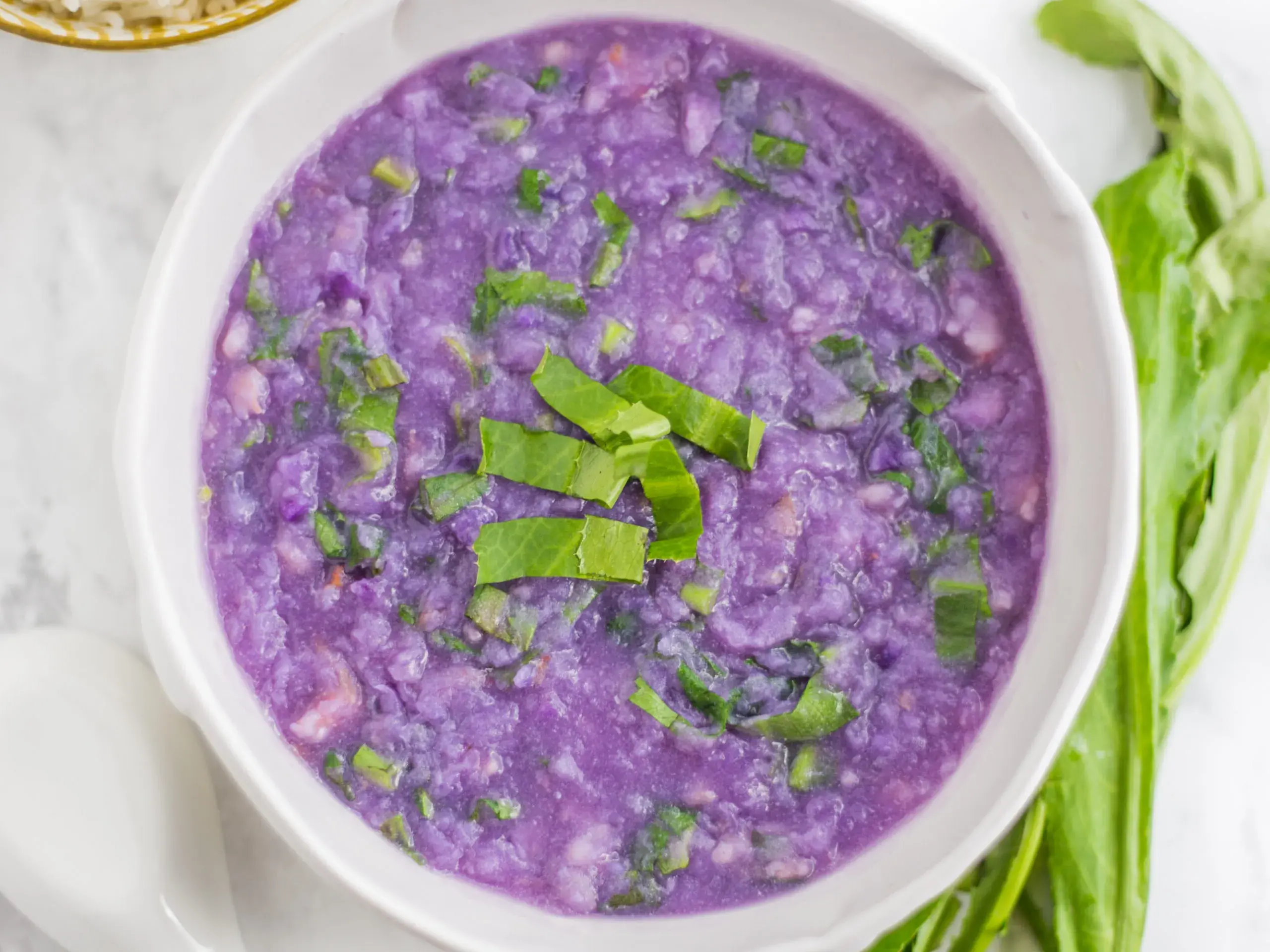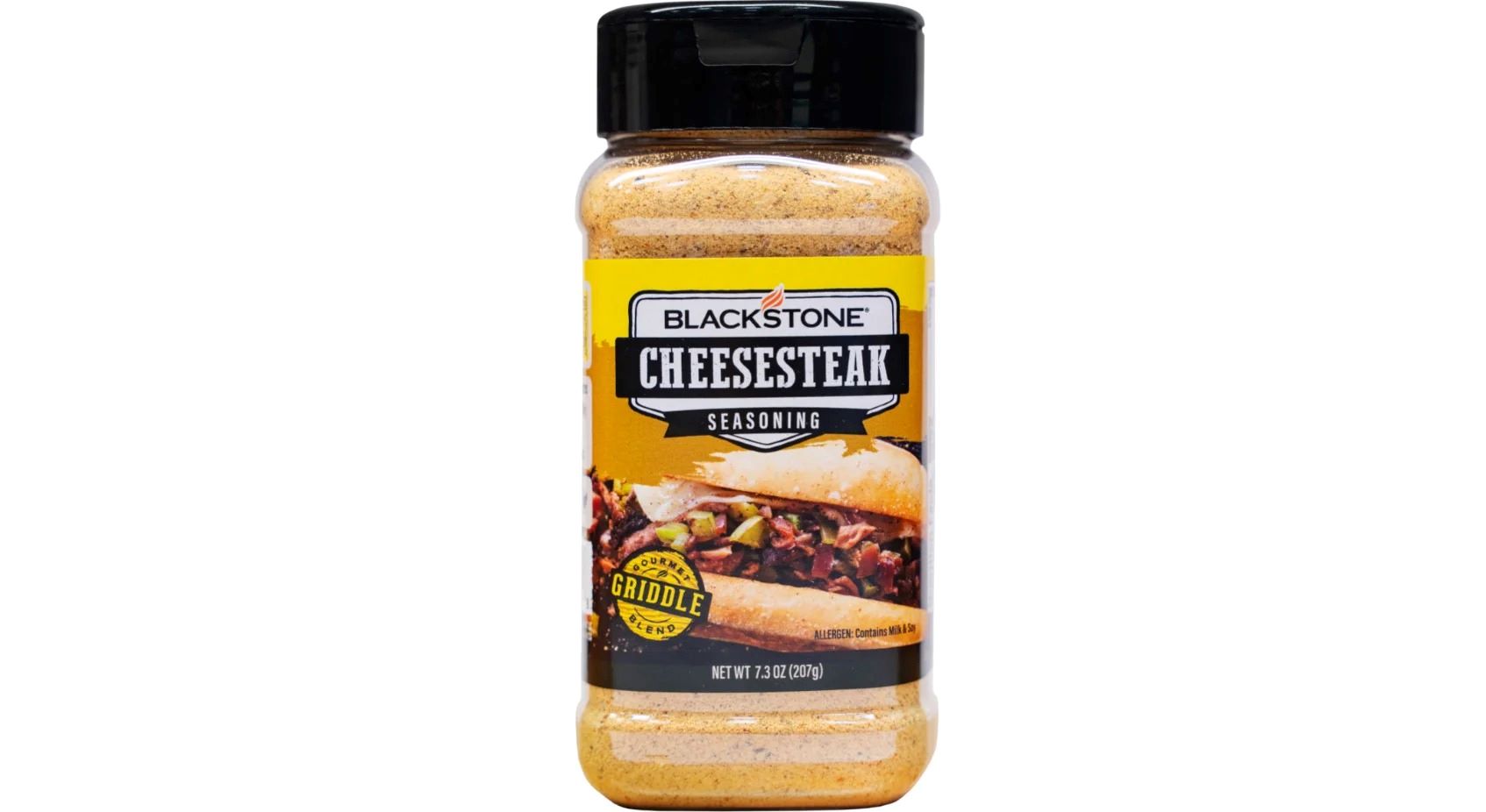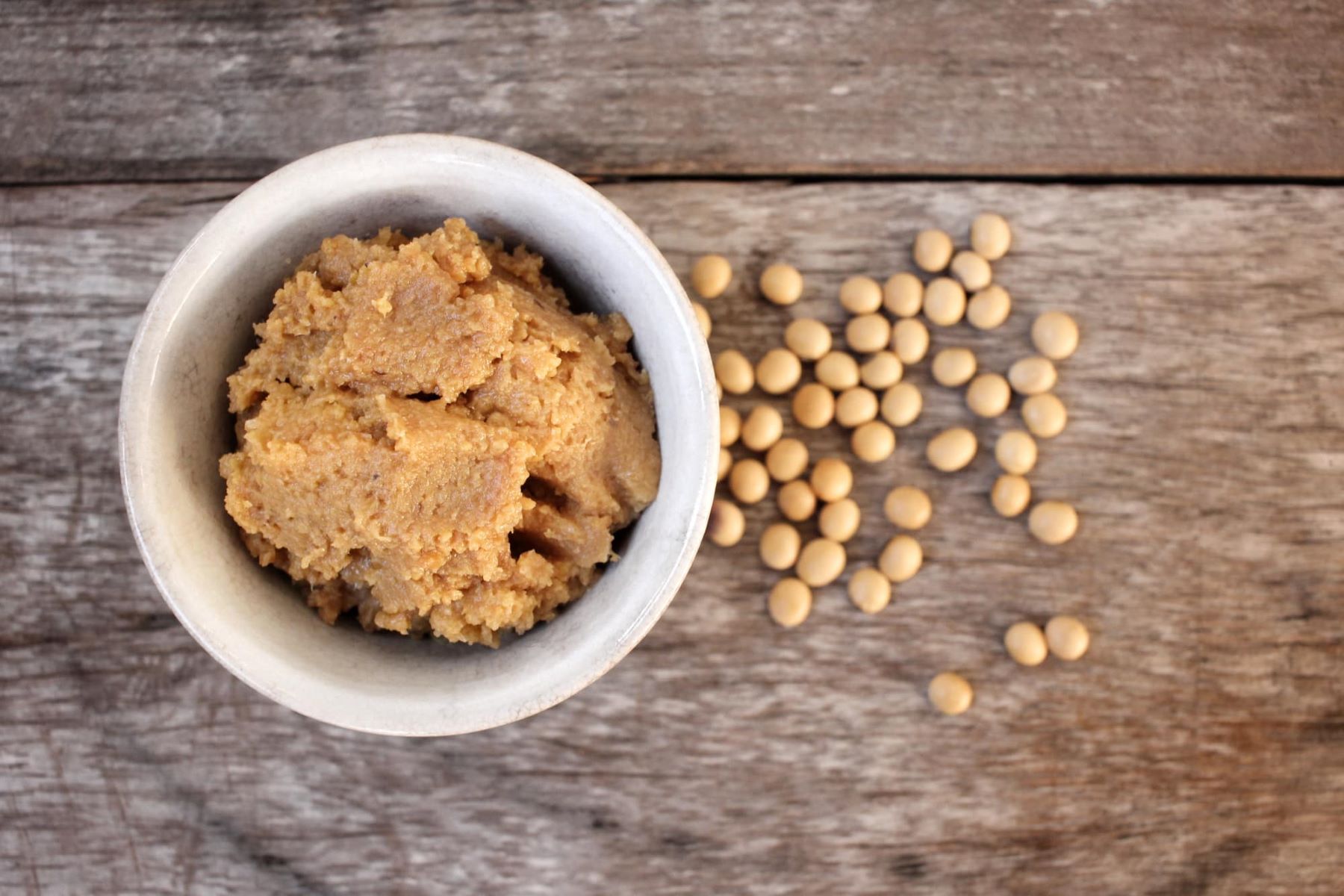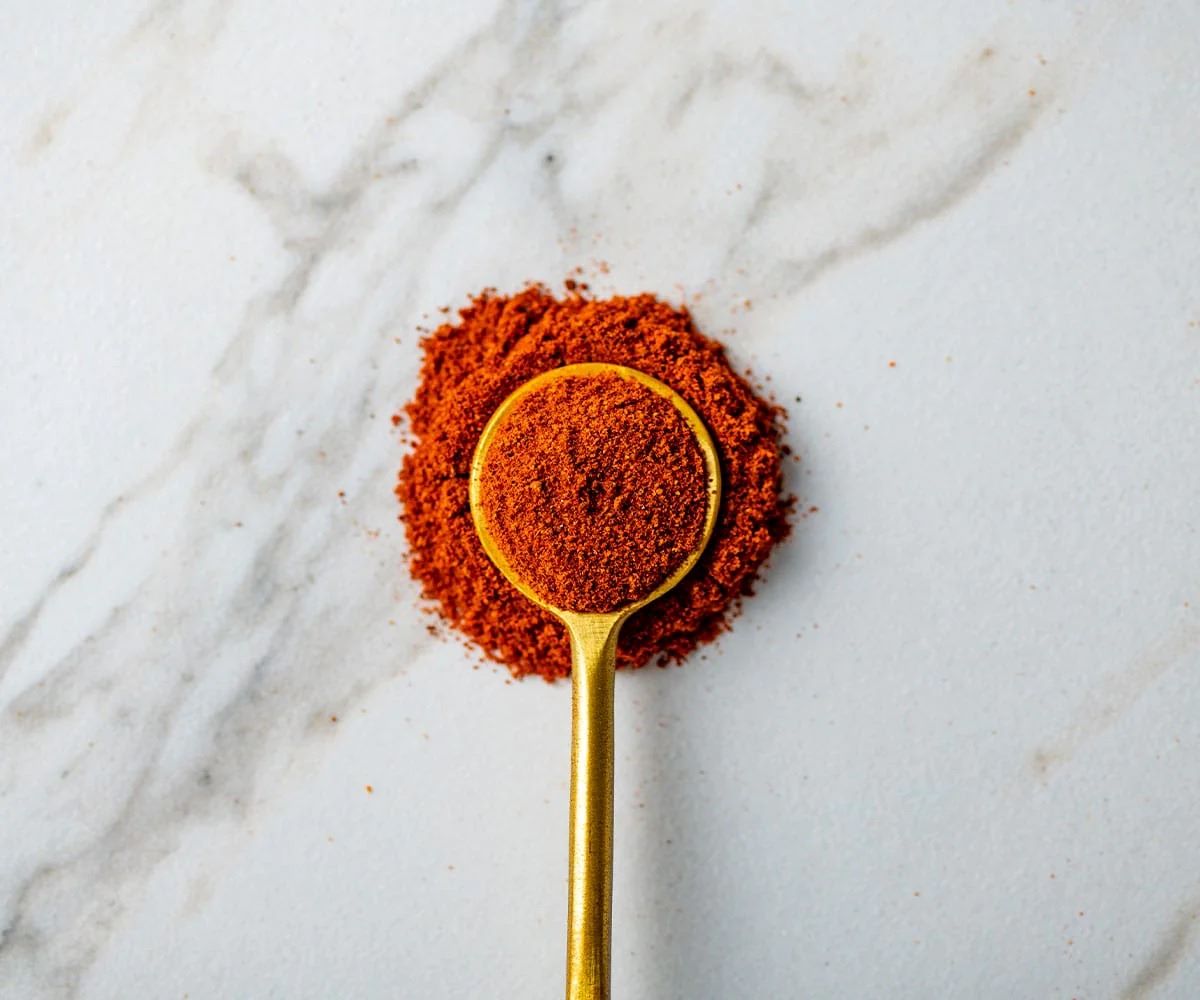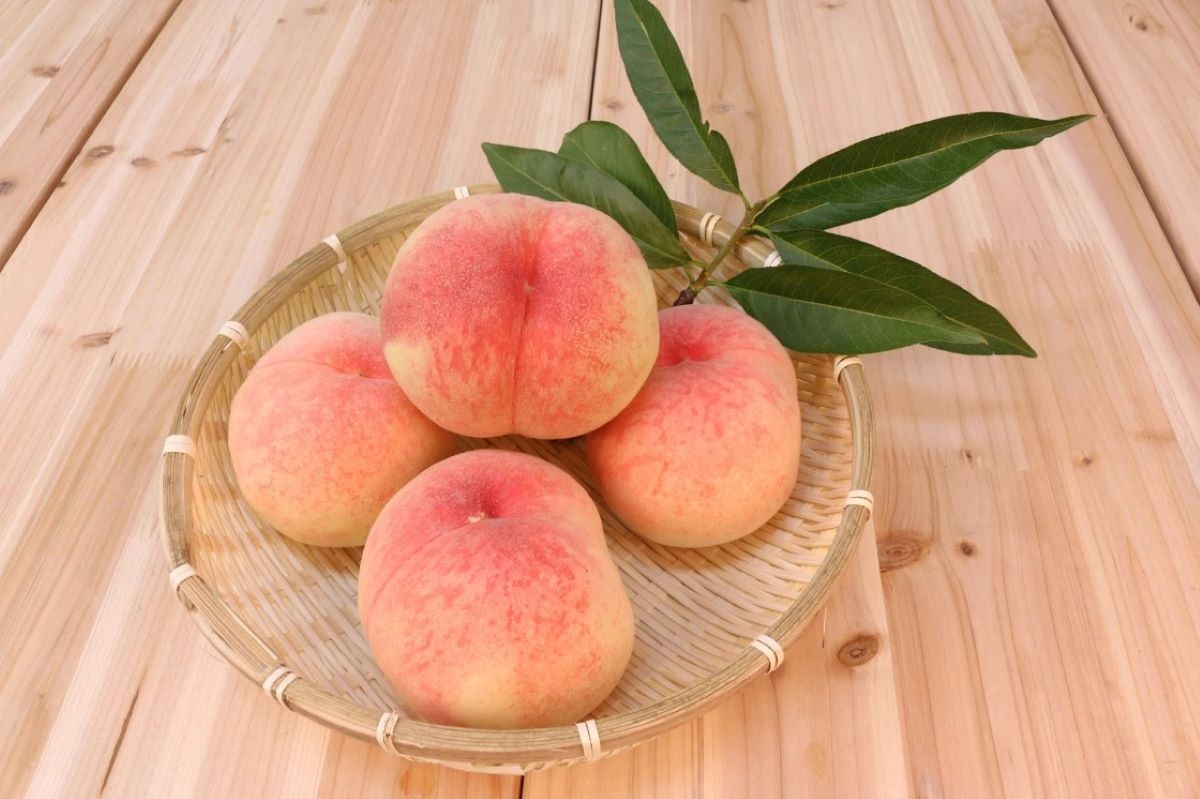The Difference Between MSG and Salt
When it comes to flavoring our food, MSG and salt are two common ingredients that often come to mind. While both are used to enhance the taste of dishes, they have distinct differences that are important to understand. Let’s take a closer look at the dissimilarities between MSG and salt.
What Is MSG?
MSG, or monosodium glutamate, is a flavor enhancer that is commonly used in Asian cooking. It is derived from glutamic acid, an amino acid found naturally in foods such as tomatoes and cheese. MSG is known for its ability to enhance the savory taste of dishes, a flavor profile known as umami.
What Is Salt?
Salt, on the other hand, is a mineral composed primarily of sodium chloride. It is a versatile ingredient that is used not only for seasoning but also for preserving food. Salt is known for its ability to enhance the overall flavor of dishes while also adding a distinct salty taste.
The Differences
Now that we understand the basic definitions of MSG and salt, let’s delve into the key differences between the two:
- Composition: MSG is a sodium salt of glutamic acid, while salt, or sodium chloride, is a compound made up of sodium and chlorine ions.
- Flavor Enhancement: MSG is renowned for its ability to enhance the umami flavor in dishes, while salt primarily adds a salty taste to food.
- Health Considerations: There has been some controversy surrounding the health effects of MSG, with some individuals reporting symptoms such as headaches and nausea after consuming it. Salt, on the other hand, is known to contribute to high blood pressure when consumed in excess.
- Usage: While both MSG and salt are used to enhance the flavor of dishes, they are often used in different ways. MSG is commonly used in Asian cuisine, while salt is a staple in dishes from various culinary traditions.
Conclusion
In conclusion, while both MSG and salt are used to enhance the flavor of food, they have distinct differences in terms of composition, flavor enhancement, health considerations, and usage. Understanding these differences can help individuals make informed choices about the ingredients they use in their cooking.
Whether you prefer the savory umami flavor enhanced by MSG or the classic salty taste of salt, both ingredients have their own unique roles in the culinary world.
Next time you’re in the kitchen, consider the differences between MSG and salt as you reach for that flavor enhancer to elevate your dish to the next level.
Was this page helpful?
Read Next: What Is Durum Wheat Semolina Pasta


